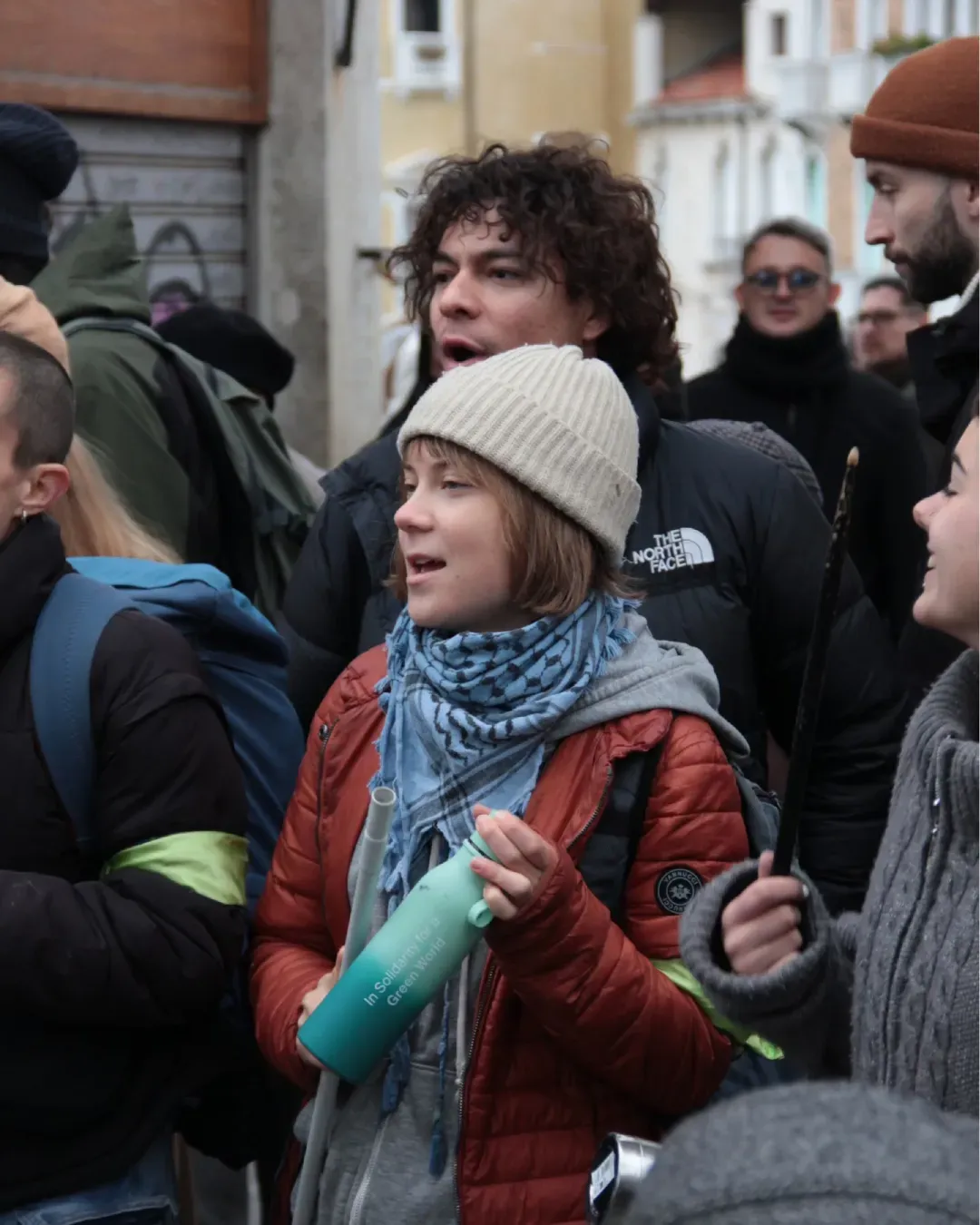
Is boycotting supermarkets the right answer to inflation? From the Balkans, the movement that is changing the economy
In Croatia, the #boicotsupermerket movement is rapidly expanding throughout the Balkans and could soon make its way to Italy. Born on January 24, 2025, in Zagreb as a response to the sharp rise in prices of essential goods such as bread, eggs, and dairy products (which saw increases ranging from 40% to 60% compared to the previous year), #boicotsupermerket aims to rewrite the economy from the ground up. Faced with a disappointing scenario, groups of citizens have decided to boycott large supermarket chains, choosing specific days to shop at local shops, farmers' markets, and regional producers instead of major supermarket chains, in the hope of mitigating the impact of inflation on their purchasing power. The initiative was launched on a Facebook group called Halo, Inspektore (in Italian, Hello, Inspector), led by Josip Kelemen, president of the European Center for Consumer Excellence. Initially focused on boycotting meat, a symbol of the overpricing imposed by multinational corporations, the action quickly evolved into a large-scale movement that has engaged 13 countries in the Balkan region. Specifically, citizens in Slovenia, Bosnia and Herzegovina, Serbia, Montenegro, North Macedonia, Albania, Romania, Kosovo, and Bulgaria have actively participated, while in Greece, Slovakia, and Hungary, people have announced their future involvement.
10 februarie 2025
— Adriana GIURGIU (@adrianagiurgiu) February 2, 2025
BOICOT NAȚIONAL
Nu cumpărăm nimic din SUPERMARKET#Romania #boicot #supermarket #CG pic.twitter.com/9O4llujRDc
The entire region has united to counteract an economic downturn that is affecting multiple sectors. In this area, minimum wages are among the lowest in Europe: in Slovenia and Croatia, they range between €900 and €1200, while North Macedonia holds the negative record, with a minimum wage of just €400. Furthermore, countries such as Croatia, Hungary, and Romania have recorded particularly high inflation rates, with Croatia reaching 4.5%—the highest among the euro-adopting nations in the region. The success of the boycott is already evident in tangible ways. «A Ministry of Finance office reported that on January 24, the number of receipts issued was 43% lower than the previous week, and the total amount spent by consumers dropped by 53%», as reported by Il Post. The weak sales data from recent weeks have prompted institutions to take action, ensuring «an extension of the list of price-controlled products, meaning items with a legally fixed price cap.» In Serbia, a consumer protection association has called for a boycott of the country's five largest supermarket chains—Delhaize, Mercator, Univerexport, DIS, and Lidl—as a protest against excessive prices. Montenegro has followed suit: at the end of January, supermarkets recorded a 56% decrease in revenue, according to the Sarajevo Times.
girls at the farmers market pic.twitter.com/HD8tO4CxJP
— C (@churchofysl) April 4, 2023
While the boycott has drawn attention to the issue in the Balkans, in Italy, inflation appears to have slightly slowed. The ISTAT data on consumer prices for January 2025 indicate that «the national index [...] for the entire population (NIC), including tobacco, increased by 0.6% compared to December 2024 and by 1.5% compared to January 2024 (up from +1.3% the previous month)», with the food sector remaining stable «at slightly higher levels than the overall inflation rate, while the 'shopping cart' stands at +1.7%.» The situation aligns with the European average, but it should not be underestimated. The expansion of the #boicotsupermerket movement highlights how, in times of economic crisis, consumers can play an active role in shaping economic and social policies. The choice to return to local sources of supply—neighborhood shops, markets, and regional producers—is not only a protest against high prices but also an invitation to rediscover values of sustainability, solidarity, and economic independence. The phenomenon is part of a broader cultural trend, in which practices such as foraging, focused on a more mindful lifestyle in harmony with the environment, represent a potential tool for change.














































